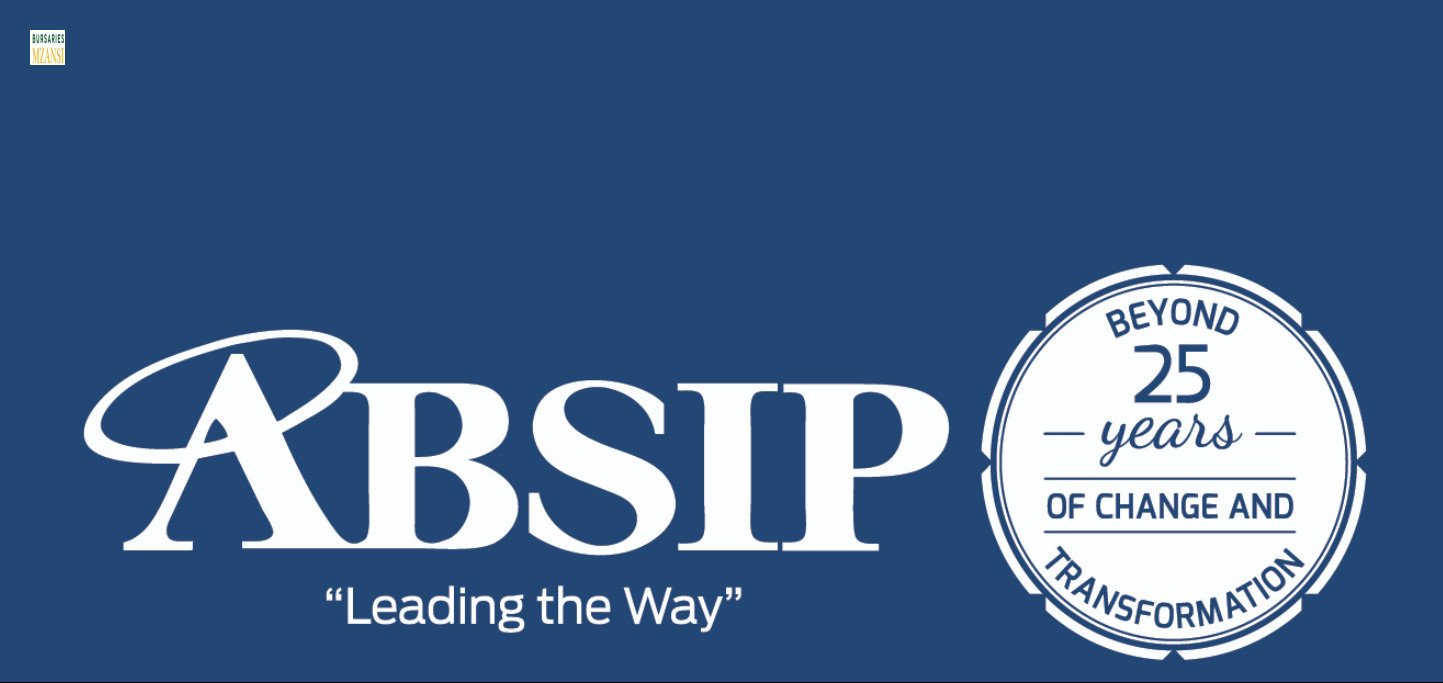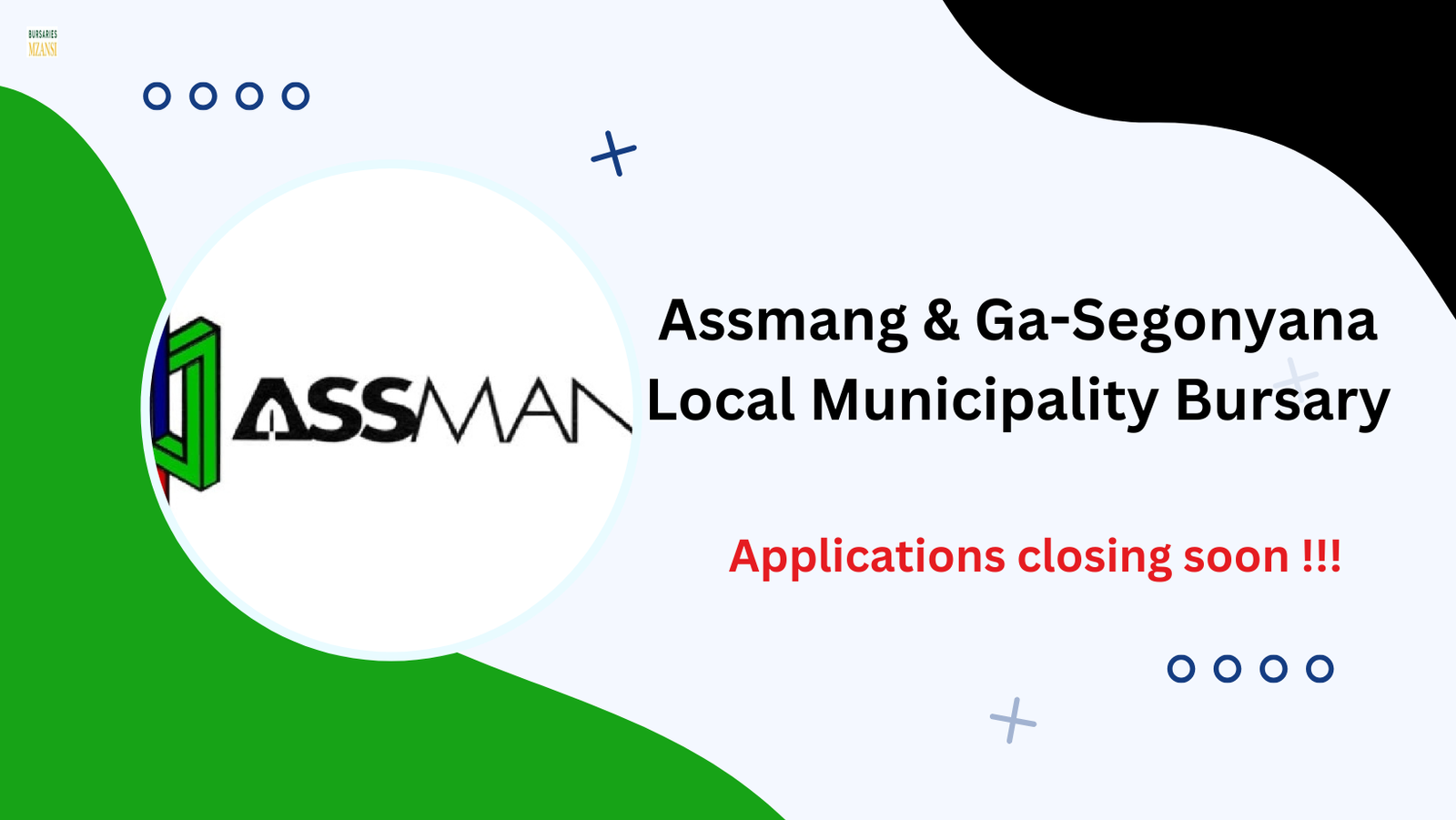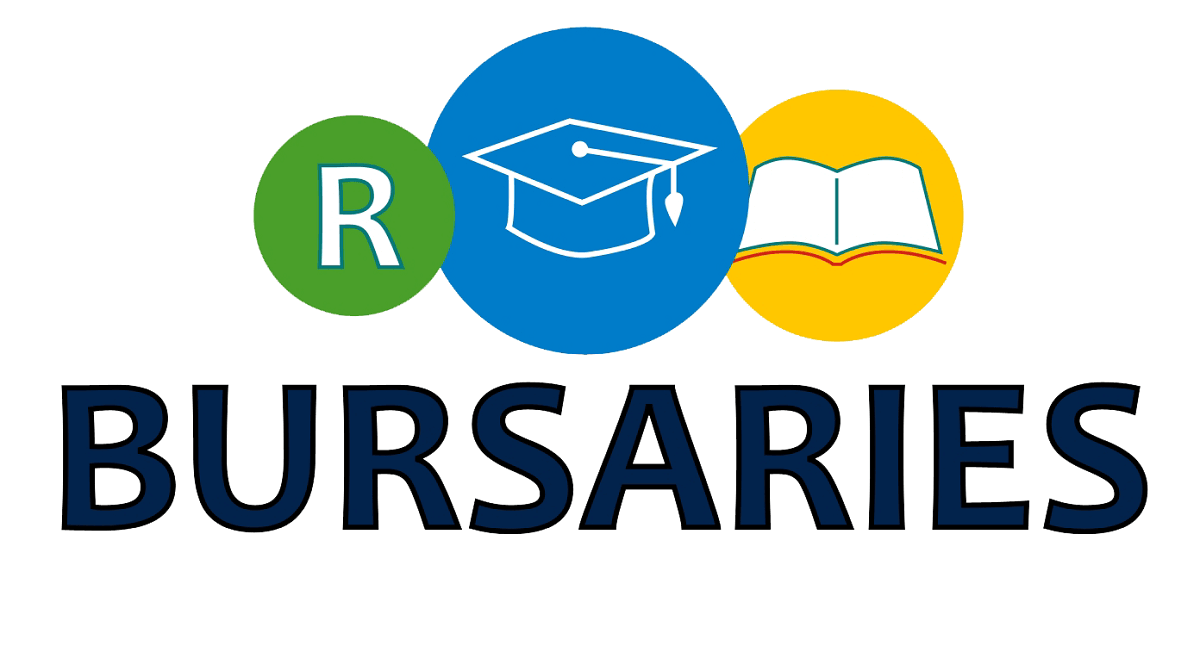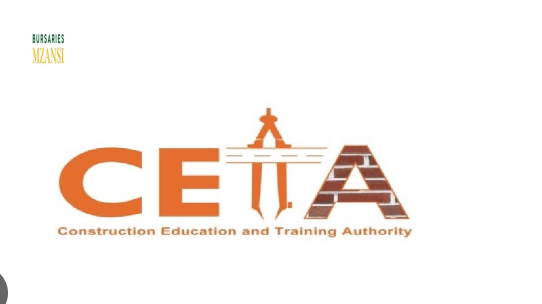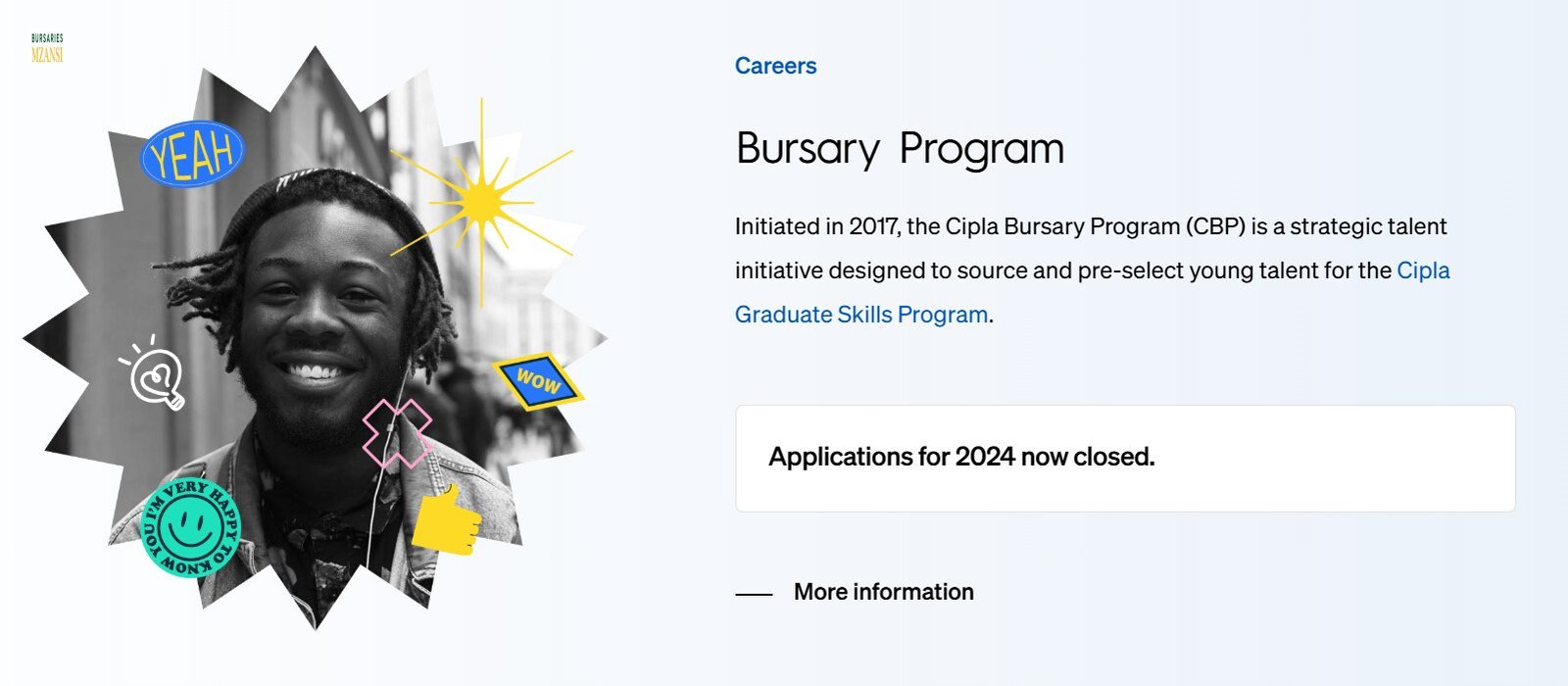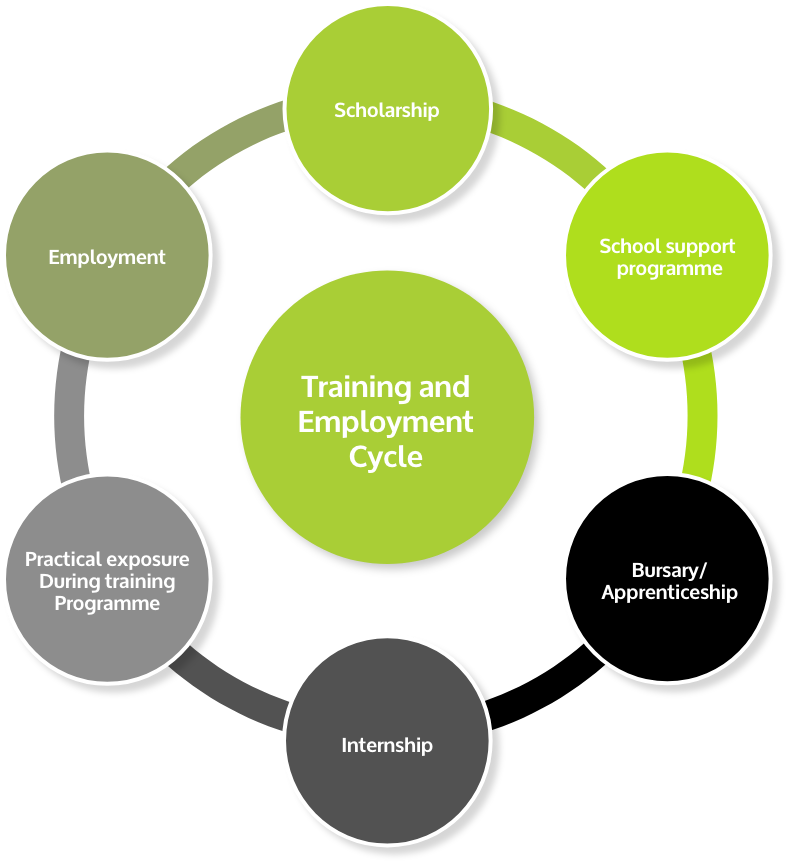Education can be expensive, and for many students, paying for college or university is a significant challenge. This is where need-based scholarships come in. Unlike merit-based scholarships, which reward academic or extracurricular achievements, need-based scholarships are designed to support students who demonstrate financial need. They are a lifeline for students who want to pursue higher education but may not have the resources to do so.
What Are Need-Based Scholarships?
Need-based scholarships are financial awards given to students who require financial assistance to cover tuition fees, accommodation, books, and other education-related expenses. These scholarships consider the family’s financial situation, income level, and sometimes other circumstances, such as medical needs or family responsibilities. The primary goal is to ensure that students from all financial backgrounds have equal opportunities to pursue education.
If you’re looking for scholarships that prioritize your financial situation over your academic record, need-based scholarships are the perfect option. Popular examples include the Federal Pell Grant in the United States, which supports low-income students, and the National Student Financial Aid Scheme (NSFAS) in South Africa, which helps students from underprivileged backgrounds afford higher education. Learn more about NSFAS.
Who Qualifies for Need-Based Scholarships?
Eligibility criteria for need-based scholarships vary depending on the institution or organization offering the award. However, the following factors are commonly considered:
- Family Income: Most scholarships will assess household income to determine eligibility.
- Financial Obligations: Some scholarships consider the number of dependents or existing debts.
- Academic Status: While primarily based on need, some scholarships require students to maintain a minimum academic performance.
- Special Circumstances: Disabilities, orphaned status, or other personal challenges can also influence eligibility.
It’s important to gather all financial documents, such as tax returns, pay stubs, and proof of expenses, as most scholarship committees will require this information to assess need accurately.
Benefits of Need-Based Scholarships
Need-based scholarships offer numerous benefits beyond just financial assistance. Here’s why applying for them can be a game-changer:
- Reduced Financial Stress: Students can focus on their studies without worrying about tuition fees and living expenses.
- Access to Better Education: Scholarships make prestigious universities and programs more accessible.
- Opportunity for Growth: Students can explore extracurricular activities, internships, and research opportunities without financial constraints.
- Networking Opportunities: Many scholarship programs connect recipients with mentors, alumni, and professionals in their field.
For instance, the Allan Gray Orbis Foundation Fellowship offers mentorship and financial support to talented South African students who demonstrate both need and potential. Read more about Allan Gray Fellowship.
How to Find Need-Based Scholarships
Finding need-based scholarships requires research, planning, and persistence. Here are some effective strategies:
- University Financial Aid Offices: Most universities have a dedicated office for scholarships and financial aid. They provide guidance on available need-based scholarships and application procedures.
- Government Programs: National and state governments often have scholarships and grants for students from low-income families.
- Nonprofit Organizations: Organizations like the Ford Foundation and Bill & Melinda Gates Foundation offer need-based financial assistance for education.
- Online Scholarship Portals: Websites like Scholarships.com, Fastweb, and Bursaries Mzansi provide searchable databases of scholarships tailored to financial need.
Tips for Applying Successfully
Applying for need-based scholarships can be competitive, but with the right approach, you can increase your chances of success. Consider these tips:
- Start Early: Scholarship deadlines often occur months before the academic year begins. Starting early gives you time to gather documents and craft compelling applications.
- Be Honest About Financial Need: Scholarship committees are experienced at evaluating financial situations. Provide accurate information and documentation.
- Write a Strong Personal Statement: Share your story, challenges, and aspirations. Explain why the scholarship is crucial for your education and future goals.
- Follow Instructions Carefully: Missing documents or incorrect forms can disqualify your application.
- Seek Guidance: Teachers, mentors, or scholarship consultants can review your application and provide valuable feedback.
Common Mistakes to Avoid
Even small errors can jeopardize your chances of receiving a scholarship. Avoid these common mistakes:
- Incomplete Applications: Double-check all forms and attachments.
- Late Submissions: Mark deadlines clearly and submit early to avoid last-minute issues.
- Neglecting Follow-Up: Some scholarships require interviews or additional documentation. Stay proactive.
- Failing to Tailor Applications: Customize your essay and documents to each scholarship’s requirements.
Need-Based Scholarships in South Africa
South Africa offers a range of need-based scholarships to help students from disadvantaged backgrounds. Some notable programs include:
- NSFAS (National Student Financial Aid Scheme): Provides full funding for tuition, accommodation, and living expenses to eligible students. Apply on NSFAS official website
- Old Mutual Investment Group Imfundo Trust Scholarship: Supports students in financial need pursuing degrees in commerce and finance. Learn more about Old Mutual Scholarships
- Allan Gray Orbis Foundation Fellowship: Offers mentorship and financial assistance to high-potential students in need. Read more here
Conclusion
Need-based scholarships are essential for creating educational opportunities for students who face financial barriers. They not only provide funding but also open doors to personal growth, networking, and career development. If you or someone you know is struggling to afford higher education, exploring need-based scholarships is a critical step toward achieving academic and professional goals.
Remember, persistence is key. Research thoroughly, apply early, and ensure your application highlights your financial need clearly. With the right strategy, a need-based scholarship can transform your educational journey and future career prospects.
:



